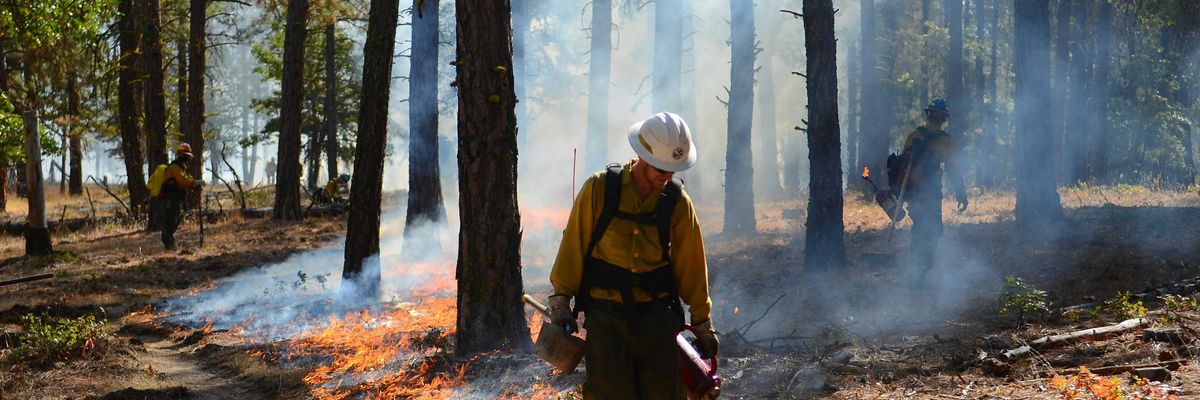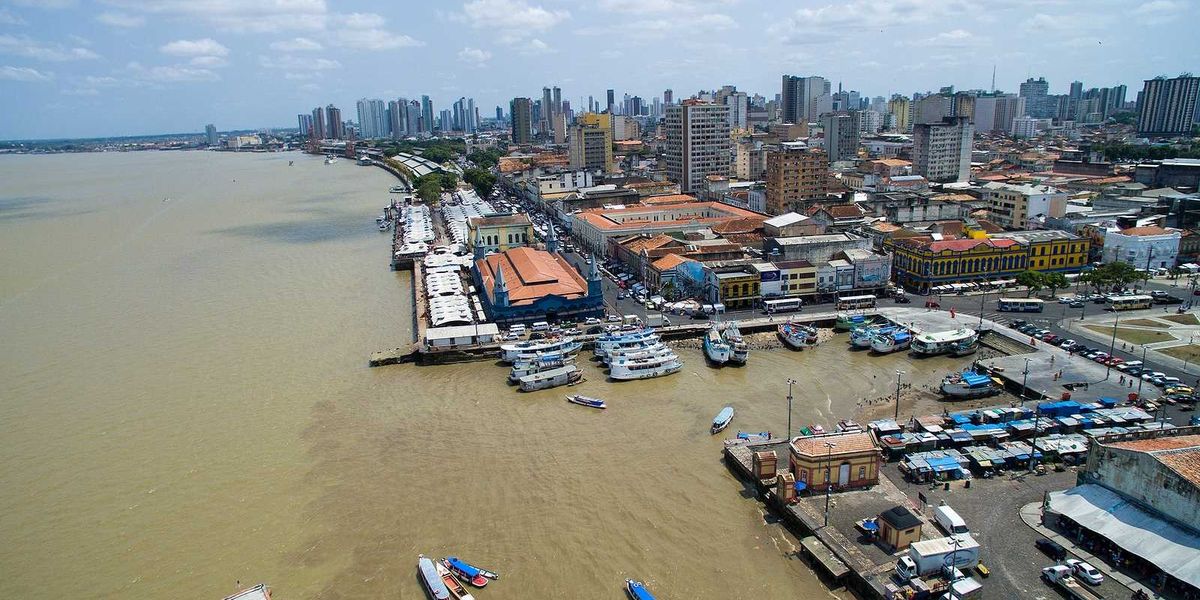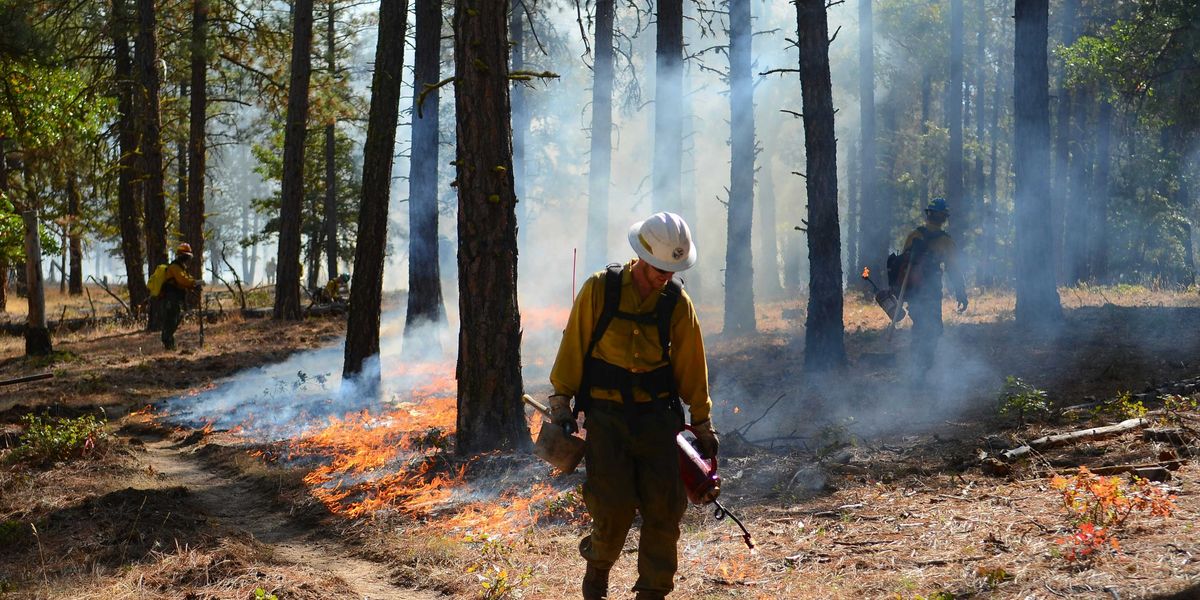national weather service
Summer heat risks escalating in the US
The National Weather Service predicts a particularly hot summer for the U.S., with potential increases in extreme weather events and health risks.
In short:
- A new study suggests that temperatures in New England and the Southwest will exceed historical averages from June through August.
- Heightened temperatures could lead to more droughts, hurricanes, and wildfires, particularly impacting water supplies and air quality.
- Tools from NOAA and the CDC are being deployed to forecast and prepare for extreme heat waves this summer.
Key quote:
"The big obvious player is greenhouse gases that are producing long-term climate change."
— William Boos, associate professor of Earth and Planetary Sciences, UC Berkeley
Why this matters:
As the mercury climbs, the National Weather Service's latest forecasts are painting a summer scenario that's more sizzle than fizzle across the United States. With predictions pointing towards an escalation in both the frequency and ferocity of extreme weather events, Americans are poised on the cusp of a season that could shape more than just plans for beach outings and barbecues.
Heatwaves are no mere discomfort; they're harbingers of significant health risks, particularly for the most vulnerable—children, the elderly, and those with preexisting health conditions.
Summer may be far off, but Milwaukee is seeing hotter summer nights in its densely developed areas
U.S. in for more severe weather as ‘atmospheric river’ arrives
What SF's nearly normal rainfall over last year means for drought
California’s McKinney Fire: Two more die, bringing total to four
Pacific Northwest engulfed by ‘dangerous’ heat
A major heat wave settling over the Pacific Northwest will bring several days of potentially record-breaking triple-digit temperatures this week, echoing a deadly heat wave that tormented the region last summer.









